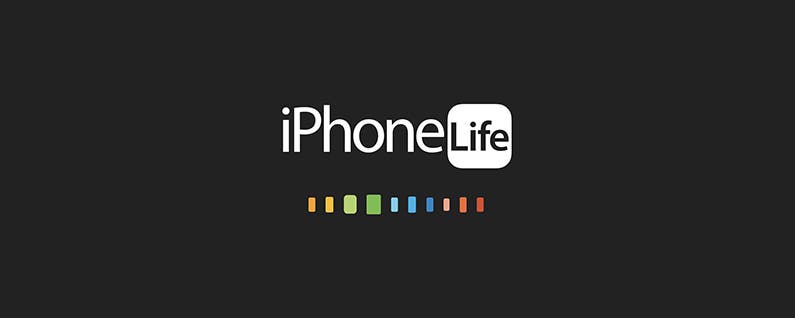MariaDB has recently released MariaDB Community Server 11.8 as generally available, its yearly long-term support (LTS) release for 2025. The new release introduces integrated vector search capabilities for AI-driven and similarity search applications, enhanced JSON functionality, and temporal tables for data history and auditing.
The new Vector datatype allows for more complex data storage and retrieval, particularly useful for machine learning and data science applications where vector representations of data are common. While vector support was added in earlier releases, as previously covered on InfoQ, this is the first LTS release to allow developers to store embeddings and query them alongside traditional relational data. Kaj Arnö, CEO of the MariaDB Foundation, writes:
This is undoubtedly the most significant highlight of MariaDB 11.8 LTS: full support for MariaDB Vector(…) Vector search capabilities are crucial for RAG and other modern AI and machine learning applications, enabling similarity search on large datasets. MariaDB Vector is now fully supported in LTS form, giving you stability and predictability for years to come.
MariaDB Vector includes a native VECTOR data type with indexing for nearest-neighbor search, functions for calculating vector similarity (VEC_DISTANCE_EUCLIDEAN, VEC_DISTANCE_COSINE, and VEC_DISTANCE), and functions for converting binary vectors to their textual representation and back (VEC_FromText and VEC_ToText). Furthermore, the feature provides SIMD hardware optimizations for Intel (AVX2 and AVX512), ARM, and IBM Power10 CPUs.
The new features allow similarity searches on high-dimensional data, targeting popular use cases like semantic search, recommendation engines, and anomaly detection. Earlier this year, database expert Mark Callaghan ran benchmarks to compare MariaDB, Qdrant and Postgres (pgvector) with a large dataset. He concluded:
If you already run MariaDB or Postgres then I suggest you also use them for vector indexes (…) I have a bias. I am skeptical that you should deploy a new DBMS to support but one datatype (vectors) unless either you have no other DBMS in production or your production DBMS does not support vector indexing.
In a deep review of the release, Federico Razzoli, founder of Vettabase, highlights some of his favorite improvements, including parallel dumps, PARSEC authentication, and new SQL syntaxes, as well as what was left out, such as catalogs. On vector search, he writes:
MariaDB vectors are faster than pgvector, according to Mark Callaghan’s benchmarks. But there are some caveats here. If we only care about performance, the biggest problem is that MariaDB apparently decided to never implement stored procedures in languages other than SQL. This means that the embedding process must happen outside of MariaDB, normally in another server, even if the original data is in MariaDB. With PostgreSQL, you can do everything in Postgres itself.
Vector search is the main feature of the MariaDB release but not the only one: like other open-source relational databases, MariaDB has now moved to Unicode as the default character set to make it fully compatible with today’s multilingual and global applications, and extended the TIMESTAMP range from 2038 to 2106. Arnö writes:
Like most open source projects, we have addressed the famous Year 2038 problem. But unlike many others, MariaDB achieves this without requiring any data conversion — provided you’re not using System-Versioned Tables. This means your existing data stays intact while you gain an 80-year reprieve on timestamp overflows.
The release includes improved support for temporal tables for data history and auditing: maintaining a complete history of modifications to the data helps with Point-in-Time Recovery scenarios, compliance, and security. Ralf Gebhardt, product manager at MariaDB plc, writes:
First introduced in MariaDB 10.3 and now available with several enhancements, Temporal Tables automatically manages the history of your data and simplifies the development and maintenance of applications that require data lineage.
According to the documentation, it is possible to upgrade to MariaDB 11.8 from MariaDB 11.4 (the previous LTS) or any older release, back to MariaDB Server 10.0 or earlier, including most versions of MySQL Server. MariaDB has published a separate article on how to build AI applications using frameworks with MariaDB Vector Store.
Major cloud providers do not yet support the latest GA release on their managed services, with AWS currently supporting 11.8 only in the database preview environment.
Released under the GPLv2 license, MariaDB 11.8 is available on GitHub.









